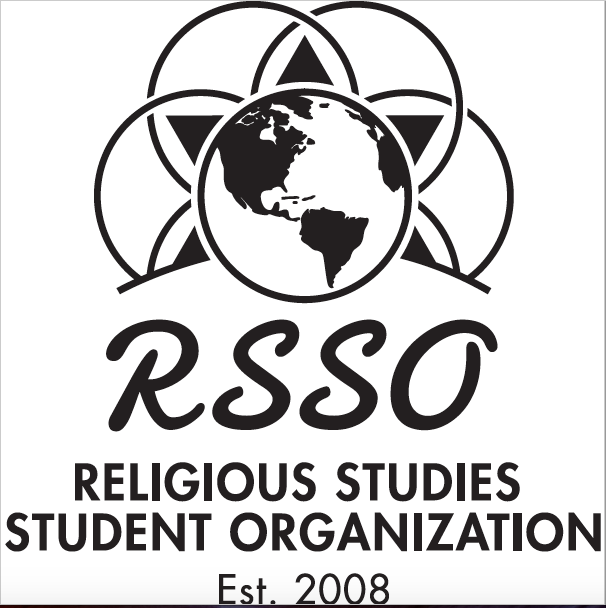The CoExistence of Great Lakes Indian Tribes
Moderator
Dr. Robert Jeske
Location
University of Wisconsin – Milwaukee
Start Date
28-5-2015 11:30 AM
End Date
28-5-2015 12:30 PM
Abstract
Three of the Great Lakes Indian tribes: the Ojibwe, the HoChunk, and the Menomonee share a number of similarities amongst the differences they also hold regardless of the origins of each tribe. Not only that, but the interrelations of each tribe with each European explorers also shares a number of similarities that further provide evidence to a shared set of beliefs. Beginning with the arrival of the Frenchera, the history of the Great Lakes will be explored through the Native Americans relations with one another and will end with the arrival of the American Government and its formation of Wisconsin from a territory to a state, approximately the early 17th century until the early 20th century. The narrative analysis of the three tribes will include the various comparative and contrasting religious ceremonies or lack thereof. Furthermore, the way in which the tribes arrived in the Wisconsin area, as well as their interactions with the French explorers and how they adapted to the new culture the French brought with them will be explored. In addition, the relations of the FrenchNative American, the Native American, and the newly arrived Americans will further explore the traditions of the three tribes. Finally, the effect of Christianity on the tribes will be taken into account and the impact the tribes faced when dealing with French Catholics and American Protestants, as well as the challenges they face when dealing with both.
The CoExistence of Great Lakes Indian Tribes
University of Wisconsin – Milwaukee
Three of the Great Lakes Indian tribes: the Ojibwe, the HoChunk, and the Menomonee share a number of similarities amongst the differences they also hold regardless of the origins of each tribe. Not only that, but the interrelations of each tribe with each European explorers also shares a number of similarities that further provide evidence to a shared set of beliefs. Beginning with the arrival of the Frenchera, the history of the Great Lakes will be explored through the Native Americans relations with one another and will end with the arrival of the American Government and its formation of Wisconsin from a territory to a state, approximately the early 17th century until the early 20th century. The narrative analysis of the three tribes will include the various comparative and contrasting religious ceremonies or lack thereof. Furthermore, the way in which the tribes arrived in the Wisconsin area, as well as their interactions with the French explorers and how they adapted to the new culture the French brought with them will be explored. In addition, the relations of the FrenchNative American, the Native American, and the newly arrived Americans will further explore the traditions of the three tribes. Finally, the effect of Christianity on the tribes will be taken into account and the impact the tribes faced when dealing with French Catholics and American Protestants, as well as the challenges they face when dealing with both.

